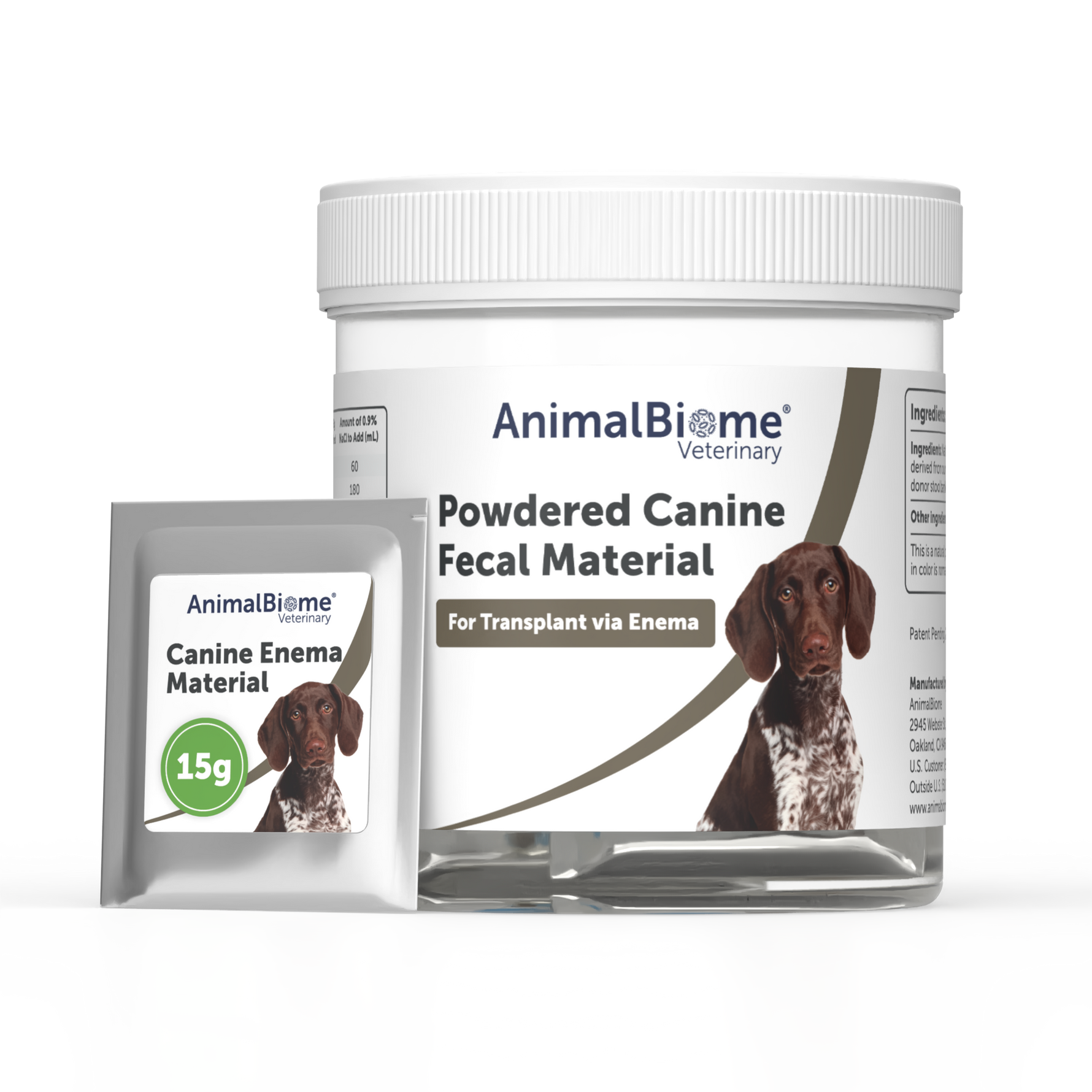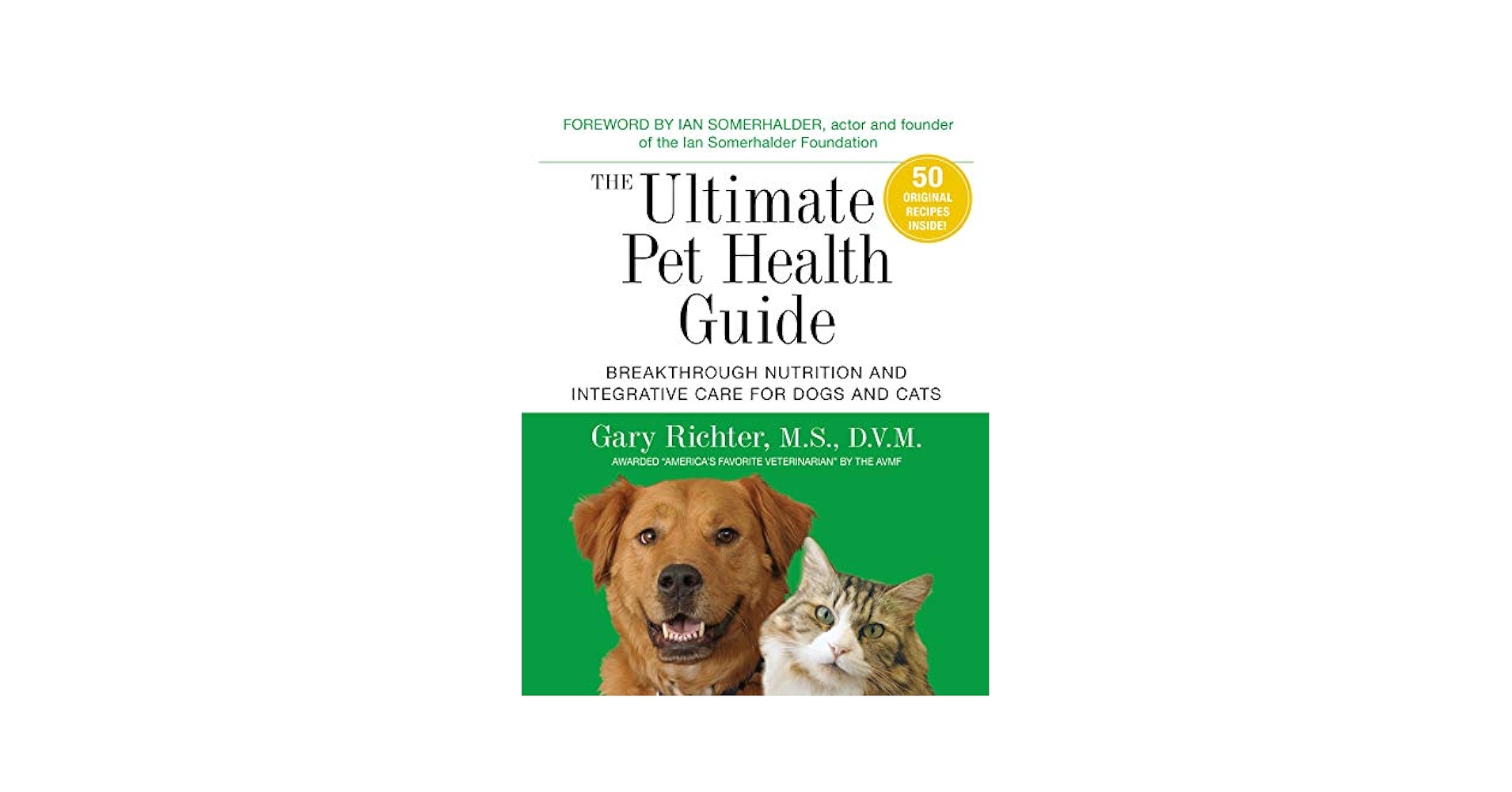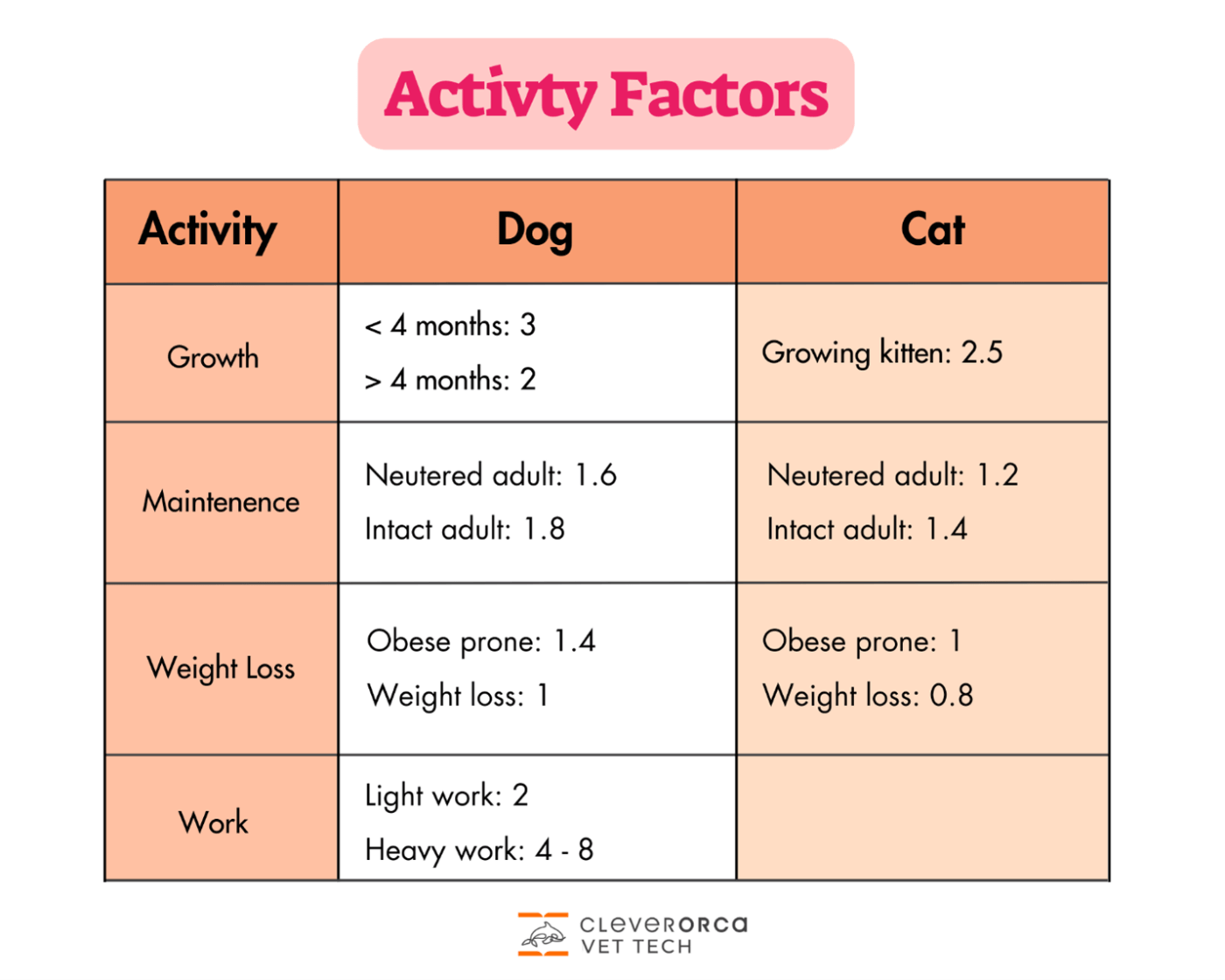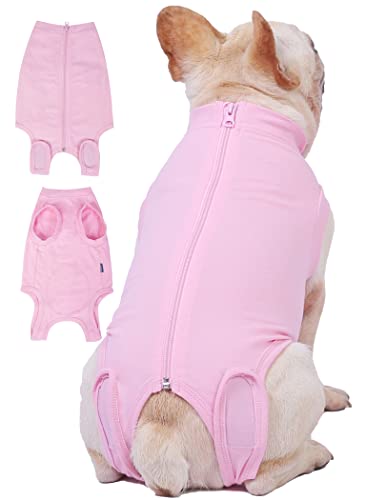You want the best for your dog, right? Seeing your furry friend full of energy and health starts with good nutrition.
But what if your dog isn’t getting all the nutrients from their food? You might be feeding them well, yet they still seem tired or not as lively as they should be. The truth is, helping your dog absorb more nutrition can make a huge difference in their overall well-being.
You’ll discover simple, practical ways to boost your dog’s nutrient absorption and keep them happy and healthy every day. Keep reading—your dog will thank you!
Balanced Diet Essentials
Helping your dog absorb more nutrition starts with understanding the essentials of a balanced diet. A well-rounded diet fuels your dog’s body, supports their immune system, and keeps their coat shiny. Let’s look closely at what makes up this balance and why each part matters.
Importance Of Macronutrients
Macronutrients are the main building blocks of your dog’s diet: proteins, fats, and carbohydrates. Each one plays a unique role in your dog’s health.
- Proteins:These support muscle growth and repair. Think of lean meats, eggs, and fish as great protein sources.
- Fats:Fats provide energy and help absorb vitamins. Omega-3 and Omega-6 fatty acids found in fish oil boost brain and coat health.
- Carbohydrates:They supply quick energy and fiber. Brown rice, sweet potatoes, and pumpkin are gentle on digestion and help keep your dog regular.
Have you noticed how your dog’s energy changes with different foods? Balancing these macronutrients helps keep their energy steady and digestion smooth.
Role Of Micronutrients
Micronutrients, like vitamins and minerals, are needed in smaller amounts but are just as crucial. They support everything from bone strength to immune defense.
- Vitamins:Vitamins A, D, E, and B-complex support vision, skin health, and metabolism. Fresh vegetables and organ meats are rich in these.
- Minerals:Calcium and phosphorus build strong bones, while zinc and iron help blood and skin health. You can find these in meats, dairy, and certain vegetables.
When you choose your dog’s food, check if these nutrients are present in the right amounts. Even small imbalances can affect nutrient absorption and overall health.
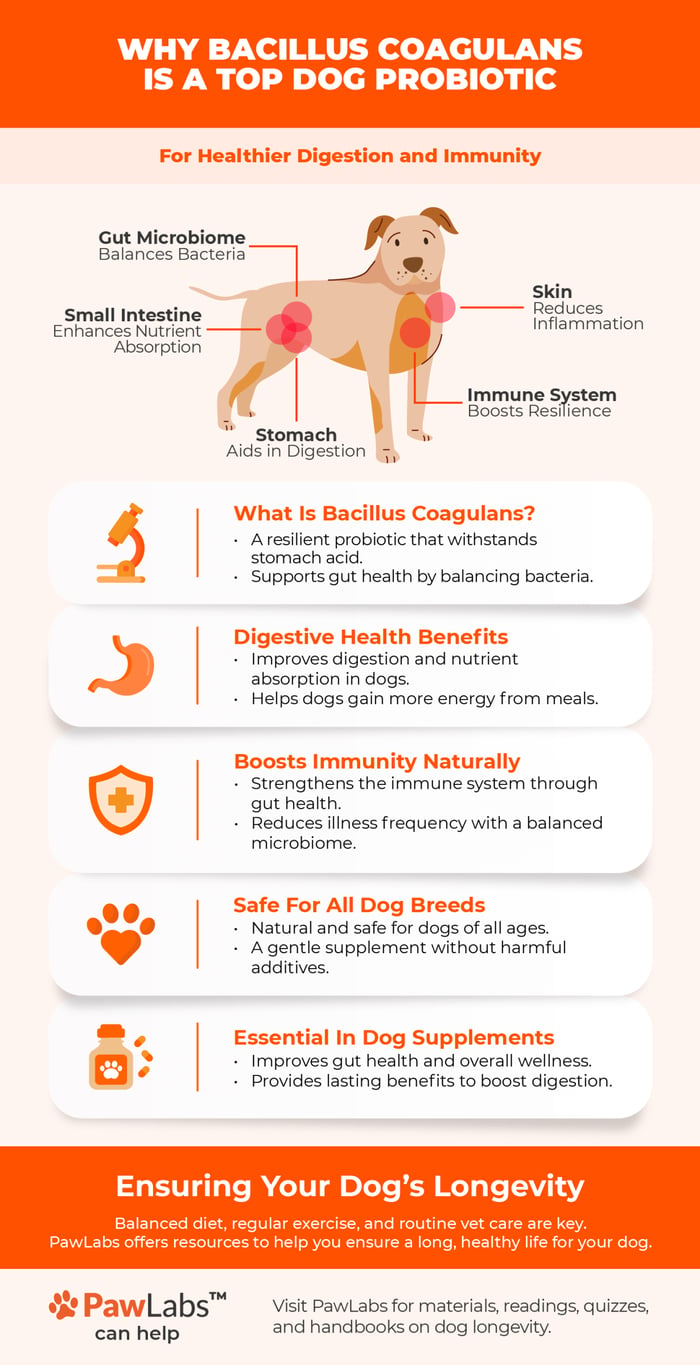
Credit: pawlabs.co
Choosing Quality Ingredients
Choosing quality ingredients is key to improving your dog’s nutrition absorption. Fresh, natural foods provide the nutrients dogs need to thrive. Processed foods often lose valuable vitamins and minerals during manufacturing. Selecting whole, nutrient-rich ingredients supports better digestion and overall health.
Benefits Of Whole Foods
Whole foods contain all parts of the ingredient. This means your dog gets fiber, vitamins, and minerals together. These nutrients work better in their natural form. Whole foods help keep digestion smooth and efficient.
- Provide balanced nutrition naturally
- Support gut health and enzyme activity
- Contain antioxidants to boost immunity
- Help maintain healthy weight and energy
Examples include fresh vegetables, lean meats, and whole grains. These ingredients are easier for dogs to absorb and use.
Avoiding Fillers And Additives
Fillers add bulk but little nutrition. Common fillers include corn, soy, and wheat. These can cause allergies or digestive upset in dogs. Additives like artificial colors, flavors, and preservatives may harm nutrient absorption.
- Fillers dilute nutrient density
- Additives disrupt gut health
- Some ingredients trigger food sensitivities
- Can lead to poorer digestion and absorption
Choosing foods without fillers and additives ensures your dog absorbs more nutrients from every meal.
Proper Feeding Techniques
Proper feeding techniques can make a big difference in how well your dog absorbs nutrients from their food. It’s not just about what you feed but also how and when you feed. Small changes in your feeding routine can lead to better digestion and more energy for your furry friend.
Meal Timing Strategies
Setting a consistent feeding schedule helps your dog’s digestive system work smoothly. Dogs thrive on routine, so feeding them at the same times each day can improve nutrient absorption.
Try splitting your dog’s daily food into two or three smaller meals rather than one large meal. This prevents overloading their stomach and allows nutrients to be absorbed more efficiently.
Have you noticed your dog seems sluggish after a big meal? Feeding smaller portions more frequently might keep their energy steady and improve digestion.
Portion Control Tips
Overfeeding can cause digestive issues that reduce nutrient absorption. Use a measuring cup to give the right amount of food based on your dog’s size, age, and activity level.
Pay attention to your dog’s body condition and adjust portions accordingly. If your dog is gaining too much weight, try cutting back slightly to avoid unnecessary strain on their digestive system.
Keep treats in check too. Too many treats can fill up your dog without providing balanced nutrition, making it harder for them to absorb the nutrients they need from their main meals.
Supplements For Dogs
Supplements can play a key role in helping your dog absorb more nutrition, especially if their regular diet lacks certain nutrients. They provide targeted support that can boost your dog’s overall health and energy levels. But choosing the right supplements requires some knowledge and care to make sure they really benefit your furry friend.
Popular Supplement Options
There are many supplements designed specifically for dogs, each serving a unique purpose. Here are some of the most common ones:
- Probiotics:These help improve your dog’s digestion and nutrient absorption by balancing gut bacteria. I noticed my dog’s coat became shinier after adding probiotics to her diet.
- Omega-3 Fatty Acids:Found in fish oil, they support skin health, reduce inflammation, and aid brain function. Adding fish oil capsules made a noticeable difference in my dog’s mobility.
- Multivitamins:These fill in any nutritional gaps and support overall health. Look for formulas tailored to your dog’s age and size.
- Digestive Enzymes:They help break down food more efficiently, allowing your dog to absorb more nutrients from their meals.
- Glucosamine and Chondroitin:Great for joint health, especially in older dogs or those with arthritis.
Choosing supplements depends on your dog’s specific needs and health conditions. Have you noticed any changes in your dog’s energy or coat that might hint at nutritional gaps?
Consulting With A Veterinarian
Before adding any supplement, it’s important to talk with your veterinarian. They can recommend options based on your dog’s health history and current diet. I once gave my dog a supplement without vet advice, and it caused mild stomach upset.
Your vet can also check for any potential interactions with medications your dog is taking. This step ensures the supplements you choose are safe and effective.
Would you want to risk your dog’s health by guessing what they need? A professional opinion can save you time and stress while making sure your dog gets the right nutrients.
Hydration Importance
Hydration plays a key role in helping your dog absorb nutrients properly. Water supports digestion and nutrient transport in the body. Without enough water, your dog’s system cannot break down food efficiently. This leads to poor absorption of vitamins and minerals.
Keeping your dog well-hydrated ensures their cells receive the nutrients they need. It also helps flush out toxins and supports overall health. Dogs lose water through panting, urination, and digestion. Replenishing this water is essential for good nutrition and vitality.
Water Intake Guidelines
Dogs should drink about 1 ounce of water per pound of body weight daily. For example, a 20-pound dog needs around 20 ounces of water each day. Active dogs or those in hot weather may need more water.
Here are some tips to maintain proper water intake:
- Provide fresh, clean water at all times.
- Offer water multiple times a day.
- Use a water bowl that is easy to access.
- Encourage drinking after walks or playtime.
- Include wet food in your dog’s diet for extra hydration.
Signs Of Dehydration
Watch for these signs to catch dehydration early:
- Dry or sticky gums
- Sunken eyes
- Loss of skin elasticity
- Excessive panting
- Weakness or lethargy
- Reduced urination
If your dog shows these signs, offer water immediately. Contact a vet if symptoms persist or worsen. Proper hydration is vital for your dog’s nutrition and health.

Credit: www.facebook.com
Digestive Health Support
Digestive health plays a key role in how well your dog absorbs nutrients. A healthy gut helps break down food and supports nutrient uptake. Poor digestion can lead to nutrient loss and health problems. Supporting your dog’s digestion improves overall wellness and energy levels.
Probiotics And Prebiotics
Probiotics are good bacteria that help balance your dog’s gut flora. They aid digestion and boost nutrient absorption. You can find probiotics in special supplements or some dog foods.
Prebiotics feed the good bacteria in the gut. They come from fiber-rich ingredients like chicory root and pumpkin. Prebiotics help probiotics thrive and improve digestion.
- Choose probiotic supplements designed for dogs
- Include natural sources of prebiotics in your dog’s diet
- Consult your vet before starting any supplements
Monitoring Digestive Issues
Watch for signs of digestive problems like diarrhea, vomiting, or gas. These can affect nutrient absorption. Keep track of your dog’s stool consistency and appetite.
Regular vet visits help catch digestive issues early. Your vet can recommend tests or treatments to support digestion. Early care prevents long-term problems and nutrient loss.
- Note any changes in your dog’s bathroom habits
- Observe for weight loss or lack of energy
- Seek veterinary advice if problems persist
Lifestyle Enhancements
Lifestyle changes can boost your dog’s ability to absorb nutrients. A balanced lifestyle supports digestion and overall health. Small adjustments in daily habits help your dog get the most from food.
Exercise And Nutrition
Regular exercise improves digestion and nutrient absorption. Activity helps move food through the digestive system faster. It also increases blood flow to the gut, aiding nutrient uptake.
Exercise keeps your dog’s muscles strong and metabolism active. An active dog uses nutrients better for energy and growth. Try gentle walks or play sessions suited to your dog’s age.
Stress Reduction Techniques
Stress can reduce nutrient absorption in dogs. A calm environment helps your dog digest food properly. Avoid loud noises and sudden changes in routine.
Comfort items like favorite toys or blankets can ease anxiety. Gentle petting and quiet time soothe nervous dogs. Consistent feeding times also reduce stress and support digestion.

Credit: www.lilyskitchen.co.uk
Frequently Asked Questions
How Can I Improve My Dog’s Nutrient Absorption?
Feeding high-quality, easily digestible food helps improve nutrient absorption. Adding probiotics supports gut health. Regular vet check-ups detect digestive issues early. Avoid overfeeding and provide balanced meals to optimize nutrient uptake.
What Foods Boost My Dog’s Nutrient Intake?
Incorporate lean meats, vegetables, and whole grains. Foods rich in omega-3 fatty acids, like fish oil, enhance absorption. Fresh fruits and natural supplements also support overall nutrition. Always introduce new foods gradually to prevent digestive upset.
Does Adding Probiotics Help My Dog Absorb Nutrients?
Yes, probiotics promote healthy gut bacteria. This enhances digestion and nutrient absorption. Probiotics reduce inflammation and improve immune function. Consult your vet for suitable probiotic supplements tailored to your dog’s needs.
How Often Should I Feed My Dog For Better Nutrition?
Feed your dog 2-3 smaller meals daily. Frequent, smaller meals improve digestion and nutrient absorption. Avoid free-feeding to prevent overeating and poor digestion. Consistent feeding schedules support better metabolism and overall health.
Conclusion
Helping your dog absorb more nutrition improves their health and happiness. Choose high-quality food with easy-to-digest ingredients. Add probiotics or digestive enzymes to support gut health. Regular exercise and fresh water also aid nutrient absorption. Watch your dog’s weight and energy for signs of progress.
Small changes can make a big difference over time. Keep learning about your dog’s needs and adjust their diet as needed. Healthy dogs live longer and feel better every day. Simple steps lead to better nutrition and a happier pet.

